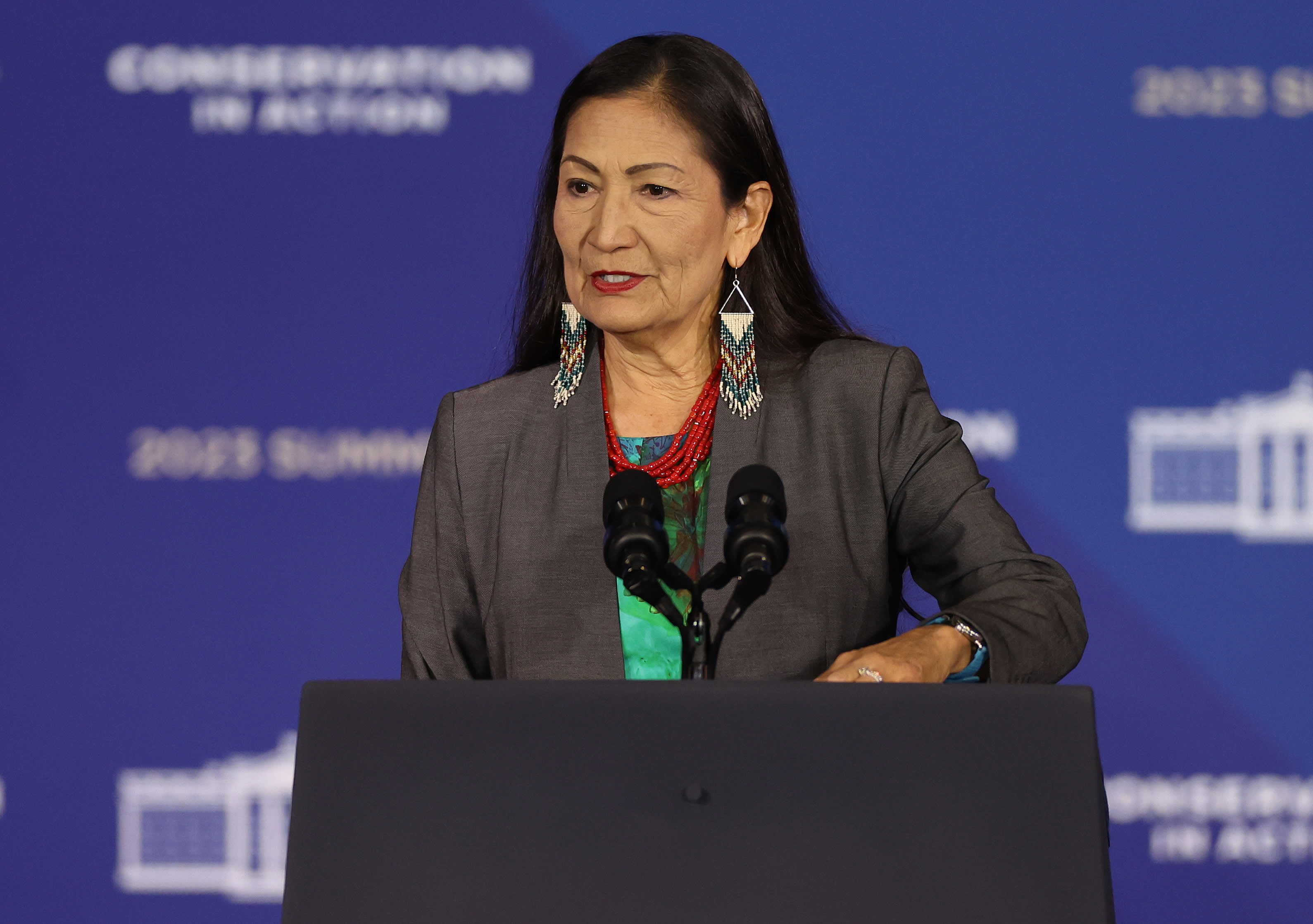Although federal and state health officials are encouraging residents not to gather for the Thanksgiving holiday due to the ongoing coronavirus pandemic, officials do have a recommendation for those who fear that they’ve come into contact with the virus over the holiday.
During a press availability Wednesday, IDPH Director Dr. Ngozi Ezikie said that state residents who fear they’ve been exposed to the virus should not immediately rush out and get tested, saying that unless they’re showing symptoms, they should wait at least one week prior to getting tested.
“We would like people to wait at least a week,” she said. “We know it can take up to 14 days to show the signs of infection if you got infected, but most people who will show a positive test by day seven.”
Although Ezike says that most infections show symptoms within a week of exposure to the virus, that is not always the case, and that residents should exercise caution for 14 days after a potential exposure.
“Always wear your mask and try to keep distance if you have been in a high-risk setting and you know you’ve potentially come into contact with others,” she said. “Take precautions before you get a test result.”
Ezike also cautioned state residents not to use a negative test as an excuse to halt quarantining, saying that residents can certainly test negative for the virus and then later test positive if they begin to develop symptoms.
Ezike also emphasized that residents should get tested as soon as possible if they begin to show symptoms of the virus.
News
Symptoms of the virus widely vary, and some patients who are diagnosed with the virus could show mild-to-no symptoms at all. Common symptoms include fever, cough, shortness of breath, fatigue, muscle aches, headache, loss of taste or smell, sore throat, congestion, nausea or vomiting and diarrhea.
The Illinois Department of Public Health and the Centers for Disease Control and Prevention are both encouraging individuals to stay at home for Thanksgiving, saying that traveling only increases the risk of getting and potentially spreading COVID-19.
The recommendations come as the U.S. sees its highest number of cases and hospitalizations related to the virus since the pandemic began, with some states reporting that hospitals are beginning to run out of beds for new COVID-19 patients.



